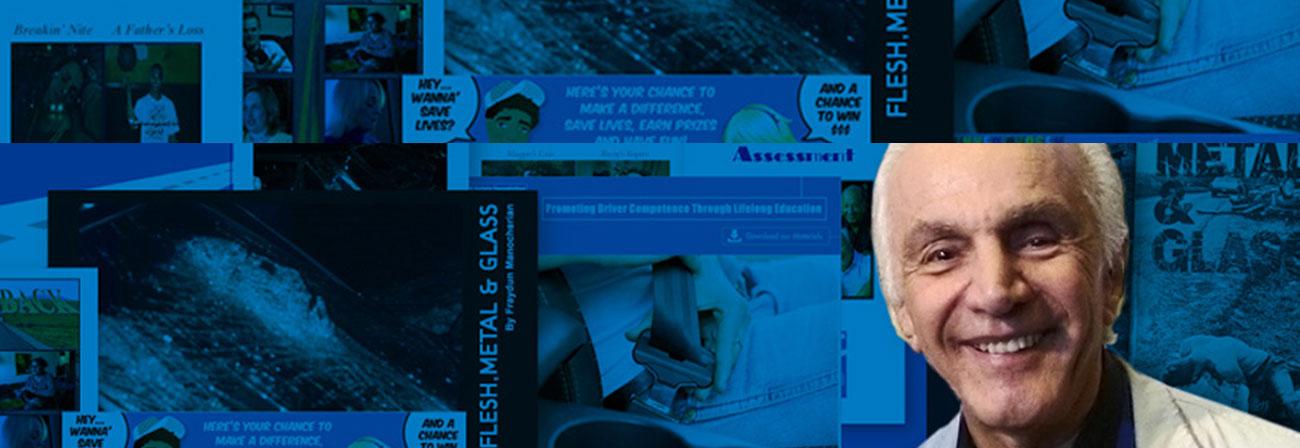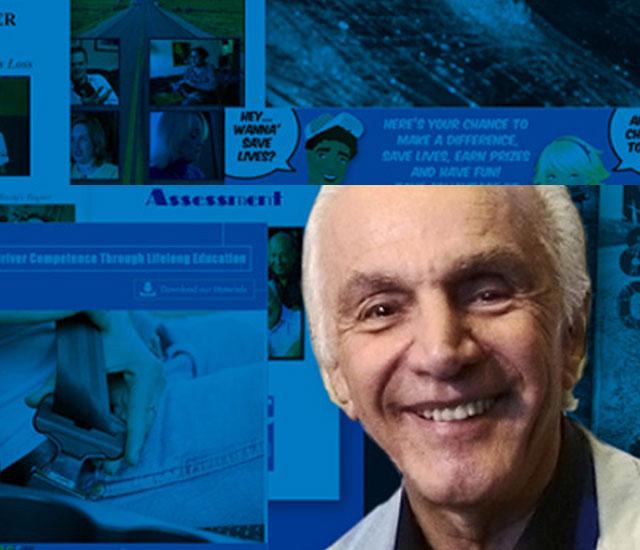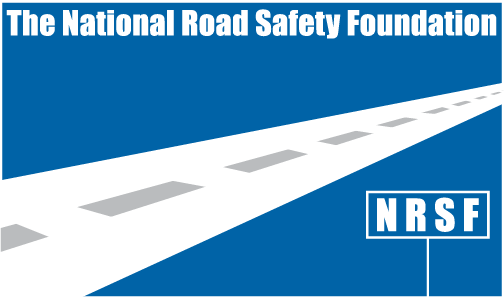Turning Tragedy Into Advocacy

by Fraydun Manocherian
Founder, The National Road Safety Foundation
I became an advocate for safety on our roads and highways through a very unfortunate personal tragedy. A few weeks after my graduation from high school, two of my classmates were killed by a drunk driver not far from my home.
The senselessness of two young people, with their whole lives ahead of them, being killed by the preventable and thoughtless decision to drink and drive spurred me to write a letter to the White House, urging for laws against such selfish action. I received a reply from President Eisenhower encouraging me to maintain my passion on the issue and use it to bring about change.
I heeded his advice and established The Manocherian Foundation, presently known as The National Road Safety Foundation, in 1962 to educate people about the consequences of bad driving decisions. I was among the first to testify before Congress on the prevention of drunk driving, and I am proud to say my efforts contributed to the passage of the Highway Safety Act of 1970, which ultimately led to the formation of the National Highway Traffic Safety Administration (NHTSA). My book on road safety, Flesh, Metal and Glass, has been distributed free to millions of young people nationwide. The Foundation's programs now include videos and presentations on impaired driving, distracted driving and other driving safety issues, and they are distributed free to tens of thousands of educators, police, traffic safety advocates, and young people like those associated with NOYS.
For many years, I've been calling for a half-penny surcharge on every gallon of gasoline sold, to go toward a massive effort to make our roads and highways safer. More than $500 million would be raised every year, and NHTSA could use the funds to put a real dent in the steep price we pay every year for traffic crashes – more than 30,000 deaths, countless injuries and hundreds of billions of dollars in damage, medical costs, and lost wages.
The funds could be used partly to incentivize states to have uniform driver education programs in high schools, and to fund a massive ongoing public education program with both paid and earned media. Safe driving behavior can be taught, using the same methods the soft drink companies use to sell cans of soda.
I am pleased to see so many young people involved with groups like NOYS and SADD and others. I think this bodes well for them and our children and grandchildren 5, 10, and 20 years from today, when hopefully traffic crashes will no longer be the number one killer of teens and our roads and highways will be a safe and tragedy-free means of travel.
Young people today have a powerful voice, and I encourage you to use that voice to make our roads safer.

